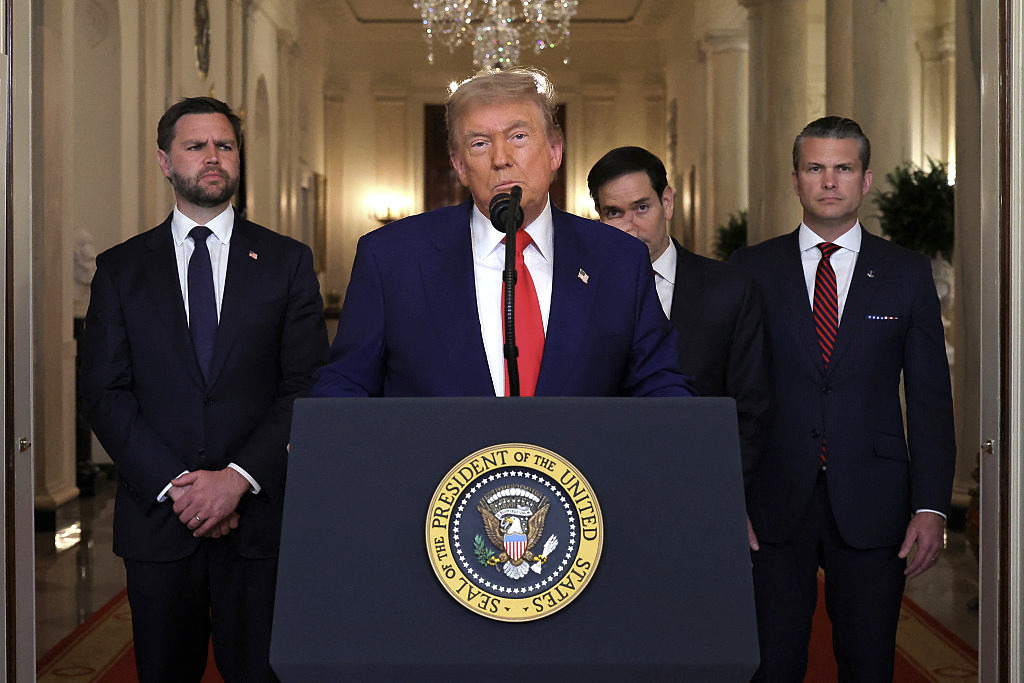Thank You, President Trump: Turning Decades of Iranian Impunity Into Accountability
by Majid Rafizadeh • September 27, 2025 at 5:00 am
Oil sales are a lifeline for the Iranian economy, funding both domestic governance and external operations, including support for proxy militias. If these funds were curtailed, the regime would struggle to maintain its internal stability while simultaneously attempting to sustain influence abroad. Such an economic squeeze would heighten domestic discontent, increase political pressure on leaders, and force Tehran to consider its options in a more constrained and exposed position than ever before.
Iran is apparently aware that it faces an administration under Trump that is determined to maintain the pressure until meaningful, verifiable changes occur. Tehran's desperation underscores the effectiveness of the strategy: when authoritarian regimes are confronted with coordinated, uncompromising pressure -- duress -- they are forced to confront their vulnerabilities and recalibrate their behavior.
Understanding the "language" of authoritarian regimes has been a critical factor in Trump's success. Maximum pressure is not subtle; it is a direct communication that dictators understand. It combines visibility of consequences, clarity of demands, and the credible threat of continued escalation. For Iran, this has meant that there is no ambiguity about the costs of pursuing nuclear weapons, maintaining proxy operations, or destabilizing the region. Force, coordinated international sanctions, and strategic diplomacy have created an environment where the regime cannot rely on its previous strategies of coercion or intimidation. This approach demonstrates that sustained, multidimensional pressure can achieve outcomes that decades of negotiation and partial agreements could not.
The future for the Iranian regime, under continued maximum pressure, depends on the EU maintaining a firm stance as well. Iran's nuclear program must be dismantled entirely, financial and military support for proxy groups curtailed, and no concessions offered that could weaken the credibility of the strategy.
This historic moment represents an opportunity to reshape the region, limit the threats posed by Iran, and reinforce the principle that force, when applied strategically, remains a decisive tool in addressing state-sponsored aggression and nuclear proliferation – also in countries other than Iran.

The Iranian regime finds itself in a situation it has never faced in its more than 40 years of ruling. The pressures it is now under are the result of a coordinated and relentless approach by President Donald J. Trump, whose policies are systematically targeting every pillar of the Iranian state that supports its nuclear ambitions, regional influence and financial stability.

